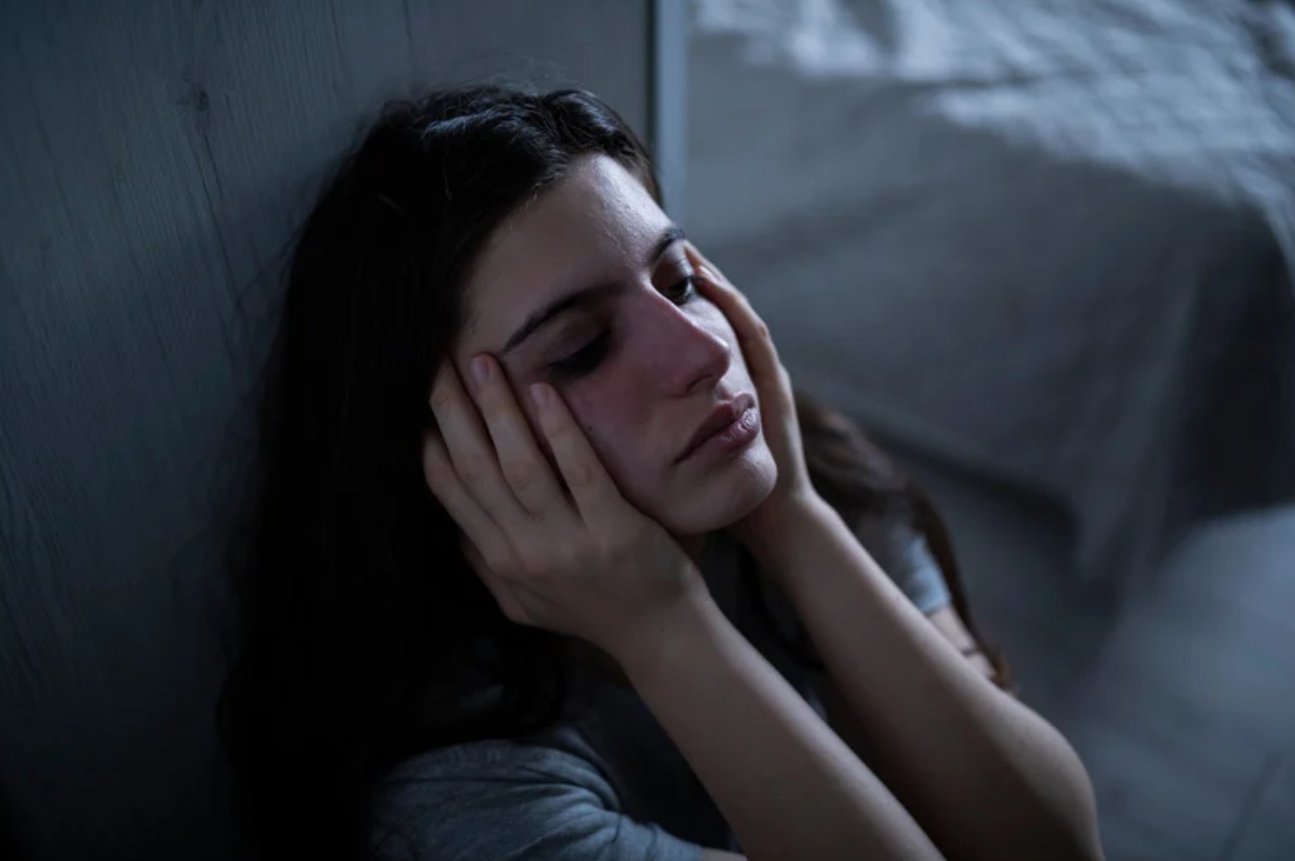The Connection Between Anxiety and Depression
Anxiety and depression are two of the most common mental health disorders, and they often occur together. Understanding the connection between these conditions is crucial for effective treatment and management. This blog post explores the intricate link between anxiety and depression and offers strategies for addressing both conditions simultaneously.
Understanding Anxiety and Depression
Anxiety is characterized by excessive worry, fear, and apprehension about everyday situations. It can manifest in various forms, including generalized anxiety disorder, social anxiety disorder, panic disorder, and phobias. Common symptoms include restlessness, irritability, muscle tension, and sleep disturbances.
Depression, on the other hand, is marked by persistent feelings of sadness, hopelessness, and a lack of interest or pleasure in activities once enjoyed. Symptoms often include changes in appetite and weight, fatigue, difficulty concentrating, and thoughts of death or suicide.
The Overlapping Nature of Anxiety and Depression
There is significant overlap between anxiety and depression. Many individuals with one condition also experience symptoms of the other. This overlap can be attributed to several factors:
Shared Symptoms: Both disorders can involve sleep disturbances, difficulty concentrating, and irritability.
Common Risk Factors: Genetic predisposition, environmental stressors, and traumatic experiences can increase the risk for both anxiety and depression.
Neurobiological Mechanisms: Both conditions involve dysregulation of neurotransmitters such as serotonin, norepinephrine, and dopamine.
The Vicious Cycle
Anxiety and depression can create a vicious cycle where one condition exacerbates the other. For instance, chronic anxiety can lead to feelings of helplessness and hopelessness, contributing to depression. Conversely, the lack of motivation and energy associated with depression can increase anxiety about daily tasks and responsibilities.
Addressing Both Conditions Simultaneously
Treating anxiety and depression together requires a comprehensive and integrated approach. Here are some effective strategies:
Therapy: Cognitive-behavioral therapy (CBT) is highly effective for both anxiety and depression. CBT helps individuals identify and challenge negative thought patterns and develop healthier coping mechanisms. Mindfulness-based therapies and dialectical behavior therapy (DBT) are also beneficial.
Medication: Selective serotonin reuptake inhibitors (SSRIs) and serotonin-norepinephrine reuptake inhibitors (SNRIs) are commonly prescribed for both anxiety and depression. These medications help regulate neurotransmitter levels in the brain. It's important to work closely with a healthcare provider to find the right medication and dosage.
Lifestyle Changes: Regular exercise, a balanced diet, and adequate sleep can significantly improve symptoms of both anxiety and depression. Exercise, in particular, boosts endorphins and promotes relaxation.
Stress Management: Learning to manage stress through techniques such as deep breathing, progressive muscle relaxation, and meditation can help reduce symptoms of both conditions.
Support Network: Building a strong support network of friends, family, and support groups can provide emotional assistance and practical help. Talking about your experiences with trusted individuals can alleviate feelings of isolation.
Avoiding Substance Use: Alcohol and drugs can worsen symptoms of anxiety and depression. Avoiding or reducing substance use is crucial for managing these conditions.
Setting Realistic Goals: Setting small, achievable goals can help individuals regain a sense of control and accomplishment. Breaking tasks into manageable steps can reduce feelings of overwhelm.
Self-Compassion: Practicing self-compassion involves treating oneself with kindness and understanding, especially during difficult times. Recognizing that it's okay to seek help and take breaks can reduce self-criticism.
Regular Check-Ins: Monitoring symptoms and progress regularly with a healthcare provider ensures that treatment plans are effective and can be adjusted as needed.
Conclusion
The connection between anxiety and depression is complex, but with the right approach, both conditions can be managed effectively. By understanding the overlapping nature of these disorders and implementing comprehensive treatment strategies, individuals can improve their quality of life and achieve better mental health. Seeking professional help and making lifestyle changes are essential steps toward addressing anxiety and depression simultaneously.


